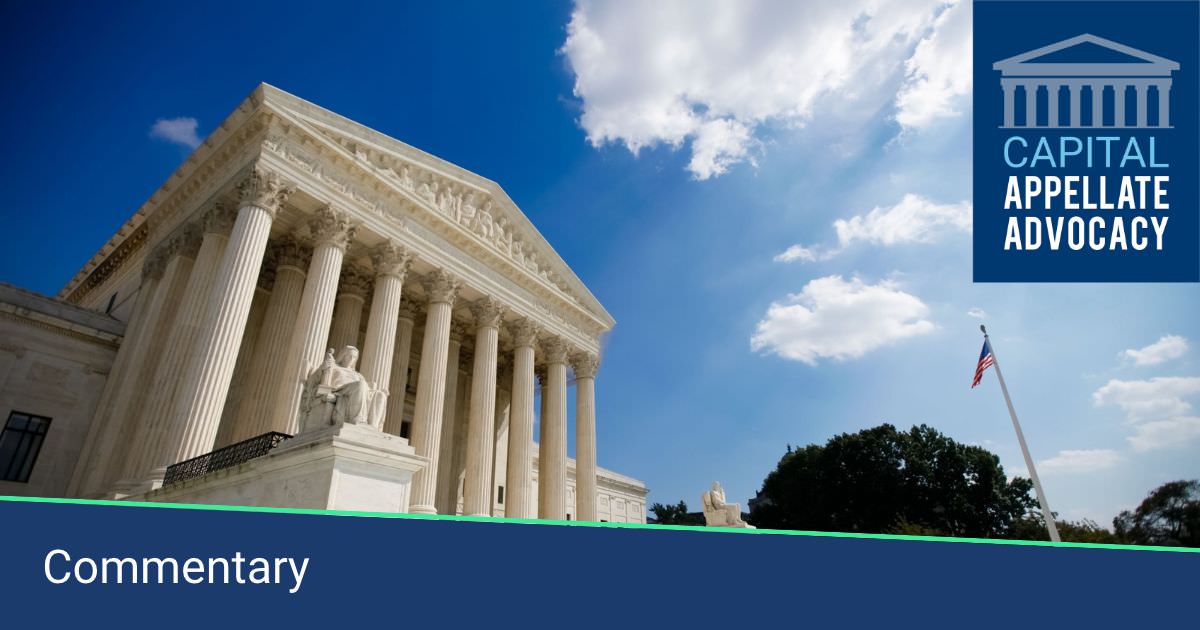In United States ex rel. Beauchamp v. ACADEMI Training Center, the U.S. Court of Appeals for the Fourth Circuit recently vacated dismissal of a False Claims Act (FCA) qui tam suit on the ground that the trial court improperly applied the Supreme Court’s holding in Rockwell International Corp. v. United States, 549 US 457 (2007). Rockwell held that in qui tam suits where relators allege new claims of fraud in amended complaints, courts should look to the date of the amended complaint to determine the applicability of the public disclosure bar under 31 USC § 3730(e)(4).
This holding is occasionally referred to as the last-pleading rule, because the Rockwell relator’s last amended complaint contained the first instance of an alleged fraud that was being challenged under the public disclosure bar. The Fourth Circuit found in Beauchamp that the trial court’s dismissal misconstrued the Supreme Court’s reasoning and led to an erroneous mechanical application of the Rockwell holding.
More specifically, the Fourth Circuit held that the date of the first pleading that alleges an FCA fraud with particularity (i.e., not necessarily the last amended pleading in the case) is determinative for purposes of a public disclosure bar analysis. The Fourth Circuit’s decision aligns with some other courts’ interpretation of Rockwell in cases involving public disclosure bar timing questions (see US ex rel Jamison v. McKesson Corp., 649 F. 3d 322 (5th Cir. 2011)). In an overall FCA context, this ruling represents a narrowing of options for FCA defendants seeking pretrial dismissal, at least in the Fourth Circuit.
In Rockwell, the relator filed an initial qui tam suit alleging a theory of fraud based on his direct and independent knowledge of the fraud. During discovery, the relator identified a second, unrelated theory of fraud that he did not have knowledge of previously, and included that new theory in subsequent filings. At the suggestion of the trial court, the relator and the government filed a joint amended complaint that ultimately did not include the first theory of fraud.
The defendant argued for dismissal on the ground that the second theory of fraud was based entirely on a qualifying public disclosure under 31 USC § 3730(e)(4), and that the relator had no knowledge of that theory until the public disclosure. Given those facts, the Supreme Court held that it was appropriate to use the complaint as amended to determine whether the second theory of fraud was prohibited by the public disclosure bar.
The Fourth Circuit found the facts in Beauchamp distinguishable from Rockwell, and held that trial court’s rigid application of the Rockwell holding was inconsistent with the Supreme Court’s rationale. The Beauchamp relators’ initial sealed complaint, filed in April 2011, alleged that the defendant, ACADEMI Training Center, submitted false reports and bills to the US State Department. Shortly after the initial complaint, the Beauchamprelators filed their first amended complaint, which included a new allegation that ACADEMI had failed to satisfy its contractual obligations to adequately qualify its employees on two firearms as required by the contract.
While the first amended complaint was pending, an unrelated wrongful termination suit was filed by another employee against ACADEMI, alleging specific facts relating to the failed weapons qualifications of ACADEMI employees. In July 2013, Wired published an article online about the alleged fraudulent weapons qualification scheme. Armed with the additional facts disclosed by this article, the Beauchamp relators further amended their complaint (second amended complaint), which became the operative pleading.
ACADEMI moved to dismiss the qui tam suit on a number of grounds, including the argument that the Wired article preceded the second amended complaint triggering the public disclosure bar. ACADEMI argued that the article qualified as a public disclosure under the FCA, and that the relators’ second amended complaint was the proper pleading for the trial court’s analysis under the Rockwell last-pleading rule. The trial court agreed and dismissed the case.
In vacating the dismissal, the Fourth Circuit found that the Beauchamp trial court erred in applying the last-pleading rule without also conducting a claim-by-claim analysis of the alleged theories of fraud to determine if any predated the Wired article. Specifically, the Fourth Circuit pointed out that the weapons-qualification-related theory of fraud appeared in the relators’ first amended complaint, which predated the Wired article by about a year. As such, the Fourth Circuit found that the public disclosure bar is inapplicable.

